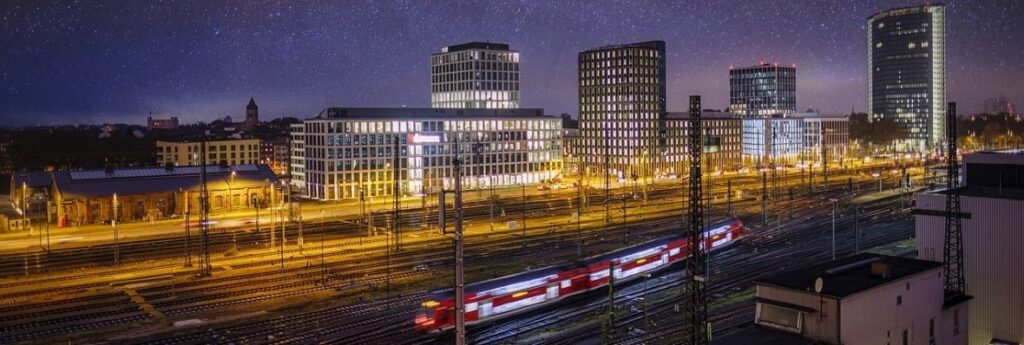The federal government is moving ahead with a high-speed, fully electric rail network between Quebec City and Toronto. The new system – to be called Alto – will slash travel times in half and get travellers from Montréal to Toronto in just three hours. Additionally, there will be stops in Peterborough, Ottawa, Laval, and Trois-Rivières.
The Liberal government says the planned rail network – which is expected to take several years to design and build – will span approximately 1,000 kilometres and reach speeds of up to 300 kph.
The announcement in Montreal on Tuesday by Prime Minister Justin Trudeau and Transport Minister Anita Anand came after years of debate and extensive study of options to improve commuter rail service in central Canada.
On Wednesday, Trudeau announced $3.9 billion over six years, starting in the 2024-25 fiscal year, to iron out specifics, including where the stations will be located in each city and the trajectory of the network, before the final phrase of the project – construction – can begin. Officials say it’s too soon to estimate the final cost of the project or when it will be completed.
“It’s taken us years as a government, over the course of three different mandates, to get to this point, but we are now seeing high-speed rail as a reality for Canadians,” Trudeau said.
Anand said the project will be the largest infrastructure project in Canadian history and a “nation-building exercise.”
The government has selected Cadence, a consortium of companies, to co-design, build, finance, operate and maintain the rail megaproject.
The government says Cadence will work with Alto as multi-year efforts begin on detailed design, Indigenous consultations, land acquisition, and the environmental assessments necessary for construction.
Canada’s contribution to the co-development phase will be $3.9 billion over six years, starting in 2024-25. The government says this amount is in addition to the almost $372 million earmarked in the last federal budget.
Passenger rail service currently relies on tracks used by freight trains, limiting service frequency and often causing delays.
If this article was shared with you by a friend or colleague, you may enjoy receiving your own copy of Travel Industry Today with the latest travel news and reviews each weekday morning. It’s absolutely free – just CLICK HERE.

